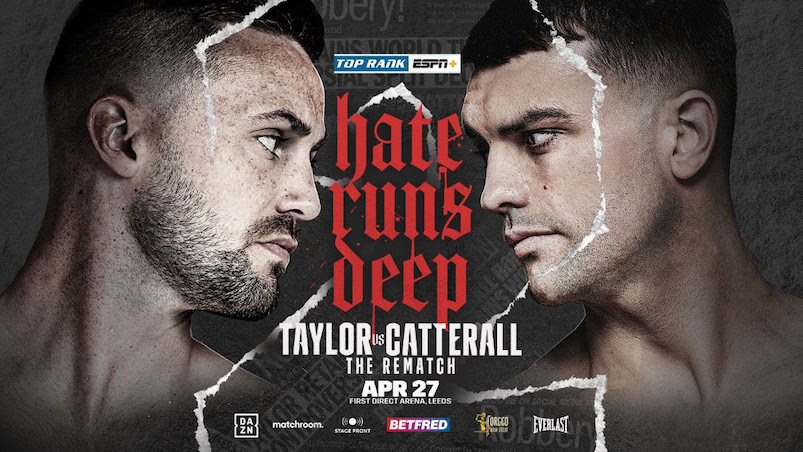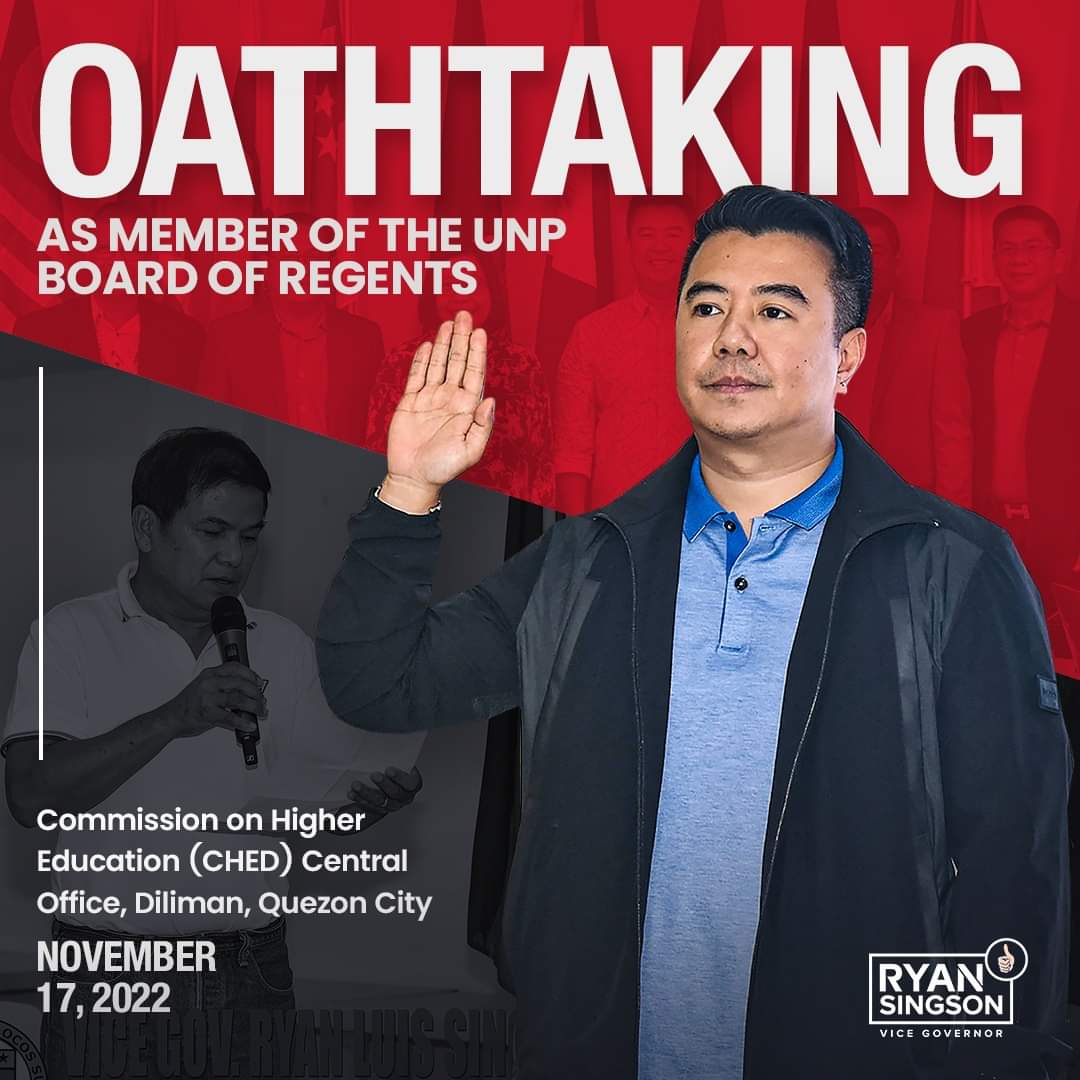CHICAGO — The NBA's head coaches annual meetings in Chicago had an international flavor.
During Wednesday's session most of the day was dominated by a discussion of the league's competition committee with the "royale with cheese" little differences of FIBA basketball fresh in everyone's mind from the Rio Olympics, there was a great opportunity this week to query the men on the sidelines about some rule changes they'd like to see.
But first, Alvin Gentry wanted to talk about one already legislated into the 2016-17 NBA season: the "hack-a" fouls compromise.
To discourage intentional fouling of players who struggle at the free throw line -- primarily big men Dwight Howard, DeAndre Jordan and Andre Drummond, among current targets -- the NBA will extend its protocols from the last two minutes of the fourth quarter to all four quarters. Now teams on the receiving end of those fouls "away from the ball" will be awarded one free throw and possession of the ball.
When the change was announced at the Board of Governors meeting in Las Vegas in July, commissioner Adam Silver conceded that the new version was something of a compromise intended to serve both the strategic and the entertainment elements of the NBA game. Fans in the arenas and viewing at home, and thus the league's broadcast partners as well, had voiced frustration over the stoppages of play and monotony of the tactic.
A number of coaches and basketball purists, however, felt any change to discourage or eradicate the strategy would unfairly reward players (and their teams) for a fundamental flaw in their skill sets: the inability to consistently make free throws. That's where Gentry stood on the matter this week.
"Me personally, I don't know why you would change the rule on the Hack-a-Shaq," the New Orleans Pelicans coach said. "If you've got a guy out there who can't shoot free throws, then the [opponent] is taking strategic advantage of what they have to offer. That's like saying, 'OK, LeBron can only post up six times a game. Or 10 times a game.' I don't think you can limit what coaches strategically can do.
"They can talk about the cosmetic part of it, but when you're in a game to win, you do whatever's necessary to win that game within the rules. To go and change the rules? Then we should have a rule that says, 'If you have two All-Stars, then KD [Kevin Durant] can't join your team.' "
Remember, this is the guy who was Steve Kerr's right-hand man on Golden State's championship team in 2015. And he wasn't quite finished.
"Why would we change a rule based on three players?" Gentry said. "To me, I've never been a big proponent of [changing] it. Even when I had Shaq [in Phoenix]. You make a decision as a coach: Do I leave him in the game or take him out? You've got to decide if missing free throws or making one out of two free throws is less valuable than having him in the game. I don't understand why we would change the game basically for three guys."
Welp, as they say on social media, it's a done deal. So NBA.com asked a number of coaches for suggestions of the next notable rule change or tweak they would like to see.
For Charlotte's Steve Clifford, the ability in the final two minutes of a game to advance the ball without requiring a timeout to be called could speed up the action. That has been used on a trial basis in the D League and in Summer League, and several coaches felt it worked well.
"The game is at an all-time high in popularity, but a lot of people complain about the last two minutes," Clifford said. "I think it would add a different dimension but it would also be a good thing in addressing our biggest issue."
Not that the coaches would be willing to lose any of their timeouts, though. They just wouldn't save them specifically for that purpose.
Philadelphia's Brett Brown and Minnesota's Tom Thibodeau like the FIBA rule on offensive rebounds, with the shot clock resetting only to 14 seconds rather than a full 24. Not coincidentally, Brown coached internationally for years and Thibodeau just got back from Rio as a member of Mike Krzyzewski's staff.
"People talk about five fouls, about 10-minute quarters, about the distance of the 3-point line, about the ability to take balls off rims. None of those interest me for our sport," Brown said. "What does interest me a lot is the 14-second rule -- I think it speeds up the game. We're all trying to find areas for that without taking away potential opportunities for commercials, all those things that factor into it.
"In many ways, that partnership we have as a sport, this would be an opportunity to look at FIBA and say, 'Well done. Good initiative. Why not?' I think that rule transferred to the NBA is a winner."
Denver's Mike Malone and Memphis' David Fizdale favored other FIBA rules. For Malone, who worked with the Canadian national team for a while, it's the ability for players to take a live ball off the rim. Fizdale likes the international practice of not needing a referee to touch a ball before it can be inbounded following a made basket.
"I think that gives players too much time to complain, it gives them time to walk back on defense, it slows the game down when we could just go!" the new Grizzlies coach said. "Take advantage of guys who want to do that, and I think it will limit a lot of the time guys will spend moaning and groaning at refs."
Toronto's Dwane Casey and Orlando's Frank Vogel, two defensive-minded coaches, talked unsurprisingly about offensive players who still create needless contact in search of foul calls. The NBA has attended to "rip" moves and leg kicks in recent seasons, but both felt more should be done to discourage that particular gamesmanship.
"These guys have got it down to a science," Casey said.
Said Vogel: "Guys are doing things to draw fouls rather than trying to score."
Nate McMillian, who takes over for Vogel with the Indiana Pacers, has a pet peeve in need of a rule tweak: players subbing in after timeouts without checking in at the scorer's table. Some fans might not even realize this is an issue, but to hear several coaches talk about it, it's become a real cat-and-mouse challenge for the coaches.
When players sub in on routine stoppages in play, they check in at the scorer's table and sometimes stay awhile awaiting the whistle. But after timeouts, any group of five can stroll onto the floor. Rival coaches wind up assigning assistants to eyeball the other bench in hopes of seeing who has his warm-ups on or off, and some teams decoy their intentions as part of the subterfuge.
"Teams will hide players coming into the game," McMillian said. "What your assistants are required to do is to look down there to see who is being substituted. But late in the game, you'll see teams holding guys on the bench."
One coach, preferring to remain anonymous, wondered how the game would change if the 3-point arc was extended at its 23-foot, 9-inch distance out top all the way to the sidelines, rather than being clipped to accommodate corner threes. "All of a sudden the best shot in basketball would become one of the worst," he said.
Another, also under anonymity, came out and said what a lot of NBA critics have voiced. "Too many timeouts. Do we really need them all?" he wondered.
Finally, Milwaukee's Jason Kidd brought up a potential change with which the NBA already has tinkered: four referees. That was tried at a summer game in Salt Lake City this year, and might be studied further. The goal would be better court coverage for foul calls. The possible downside would be a fourth official justifying himself by adding 33 percent more whistles.
Kidd, who recalled a Nets game he coached in Toronto that required more than an hour for the final minutes of the fourth quarter plus overtime, wasn't sure how a fourth ref would serve any pace-of-game objectives.
"I don't know if that would speed up the game or slow it down," Kidd said. "That would be eye-opening, though."





